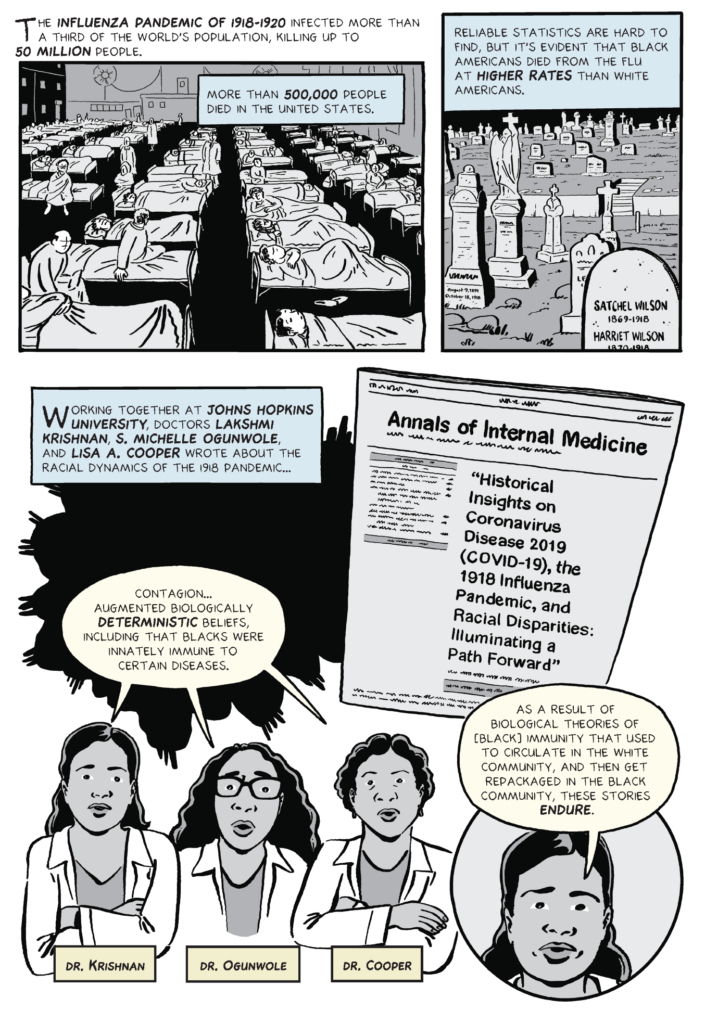Last updated:
A history of racial bias and discrimination in the U.S. health care system, and unequal treatment and neglect in modern-day medicine, have created a major distrust in the medical field among Black people.
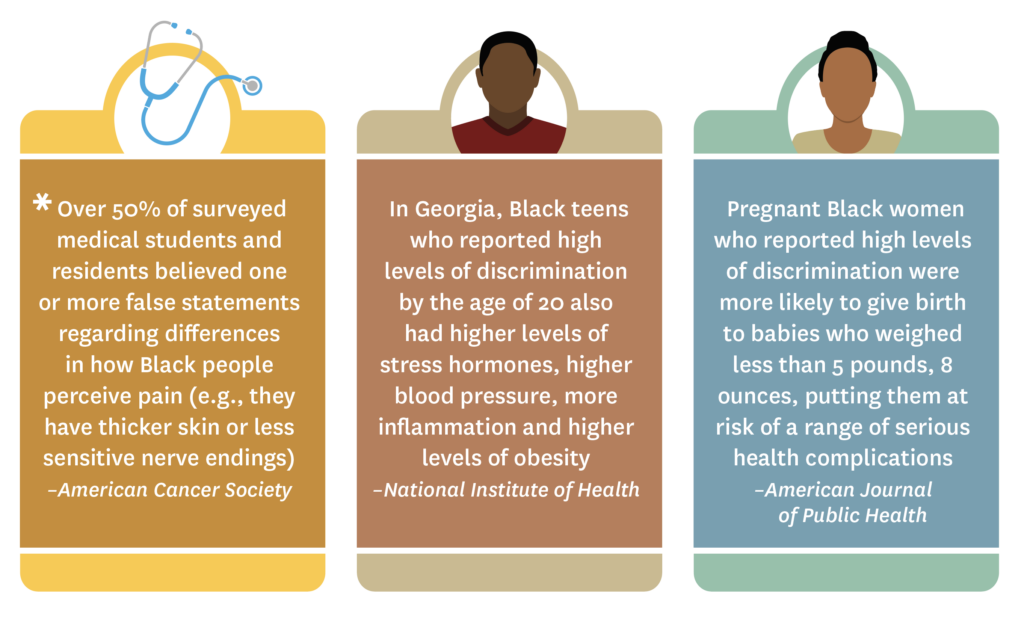
These biases about pain lead doctors to under prescribe and undertreat Black patients who describe the same symptoms as white patients.
The Black-White Health Gap

Black people have higher rates of cancer, asthma, influenza, pneumonia, diabetes, HIV/AIDS and homicides due to environmental and social injustices.Black people have higher rates of cancer, asthma, influenza, pneumonia, diabetes, HIV/AIDS and homicides due to environmental and social injustices.
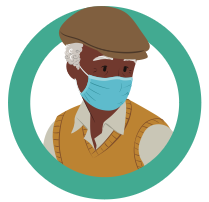
They are two to three times as likely as white people to die of preventable heart disease and stroke due to undiagnosed deficiencies and other health stressors.

Black people have higher rates of cancer, asthma, influenza, pneumonia, diabetes, HIV/AIDS and homicides due to environmental and social injustices.Black people have higher rates of cancer, asthma, influenza, pneumonia, diabetes, HIV/AIDS and homicides due to environmental and social injustices.

Black people have higher rates of cancer, asthma, influenza, pneumonia, diabetes, HIV/AIDS and homicides due to environmental and social injustices.Black people have higher rates of cancer, asthma, influenza, pneumonia, diabetes, HIV/AIDS and homicides due to environmental and social injustices.
There has never been any period in American history where the health of Blacks was equal to that of whites. Disparity is built into the system.
Evelynn Hammonds, Harvard science historian, to The New York Times as part of the “1619 Project”
Empathy Heals
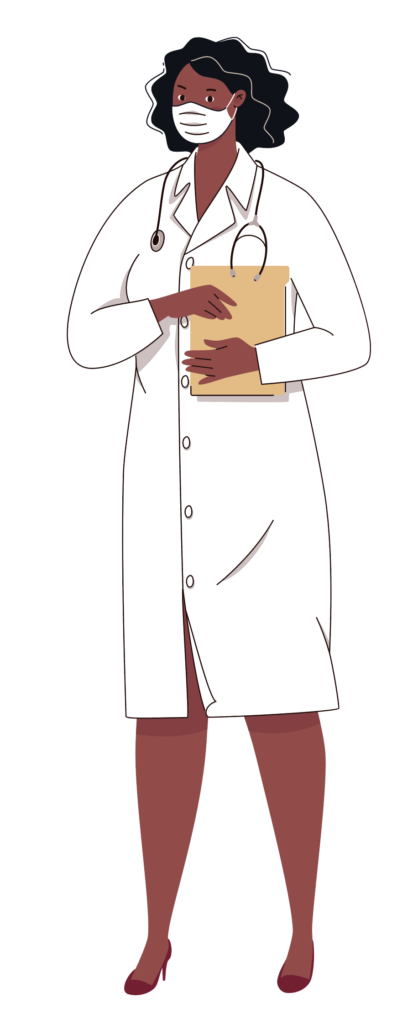
- A Stanford study estimates that pairing Black patients with Black doctors could decrease the black-white mortality gap due to heart disease by 19%. – University of Michigan Health
- A study shows Black men with Black doctors were more willing to have preventative screenings and procedures. –National Bureau of Economic Research
- Black newborn mortality is cut in half when a Black doctor cares for the mother and her child. – Proceedings of the National Academy of Sciences
- IMPaCT, a human-centered hiring practice that focuses on inclusive and holistic hiring of healthcare workers resulted in 65% shorter hospital days for a patient. –Harvard Business Review
How Stories Can Help
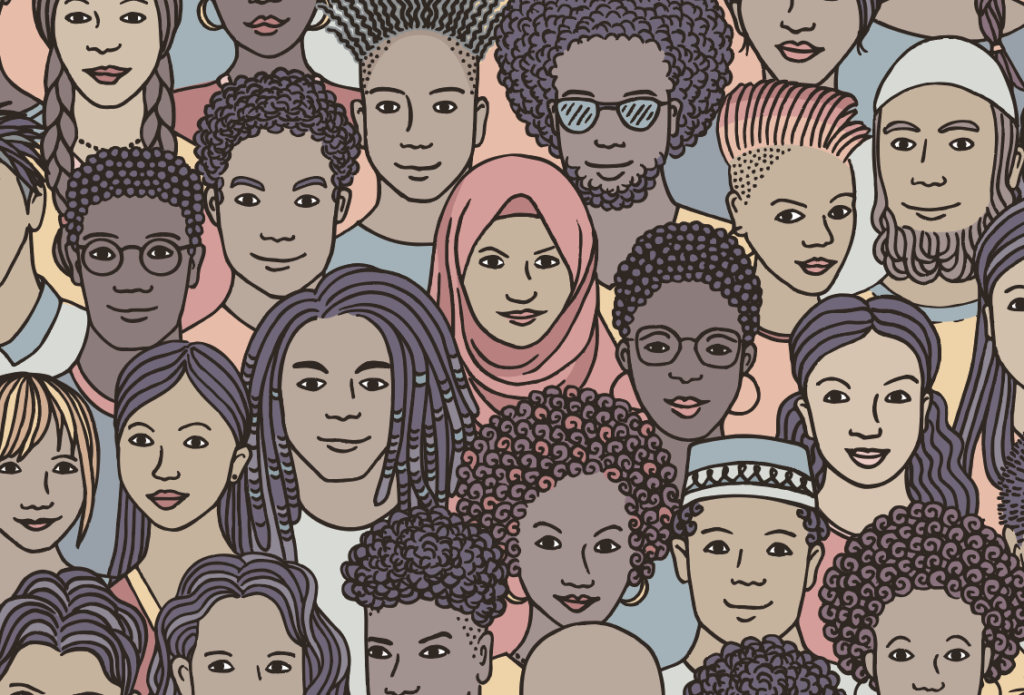
The systemic hurdles Black doctors and patients face cost jobs and lives. A Media Impact Project report shows narratives in TV around these hurdles affect audiences’ views of hospitals and health care. Dr. James Carter, a cardiologist at the University of Colorado Hospital, saved a Black female patient who had been discharged from the ER twice with stroke symptoms but no diagnosis. On the third visit, she was surprised to know there was a Black doctor in the hospital and Dr. Carter diagnosed her stroke correctly.
– Haverford
“A Tale of Two Pandemics: Historical Insights on Persistent Racial Disparities.”
